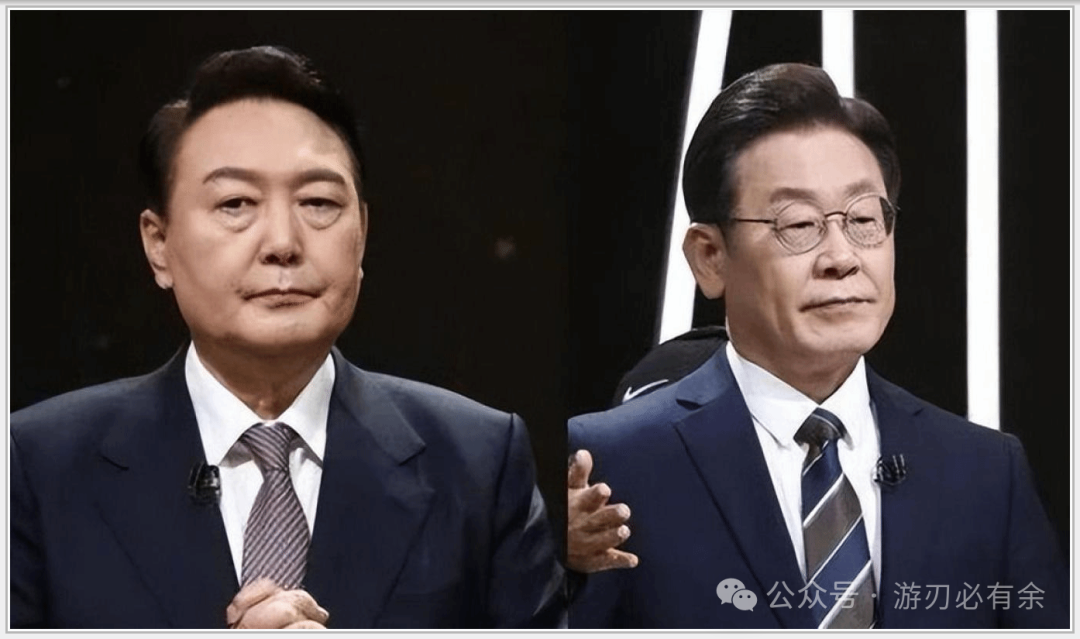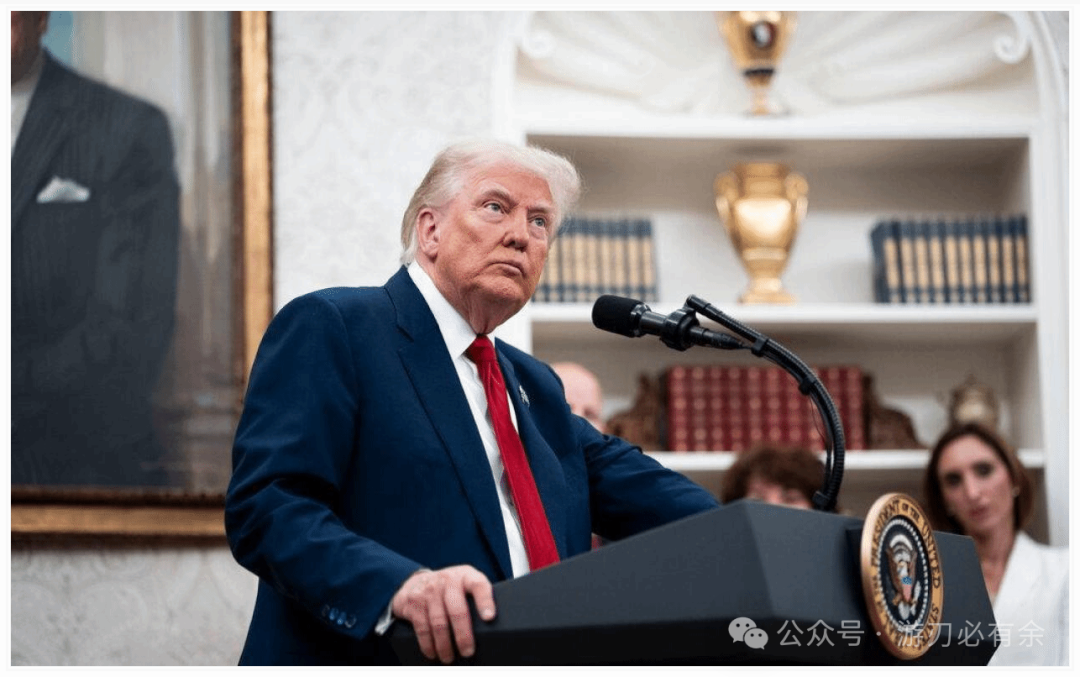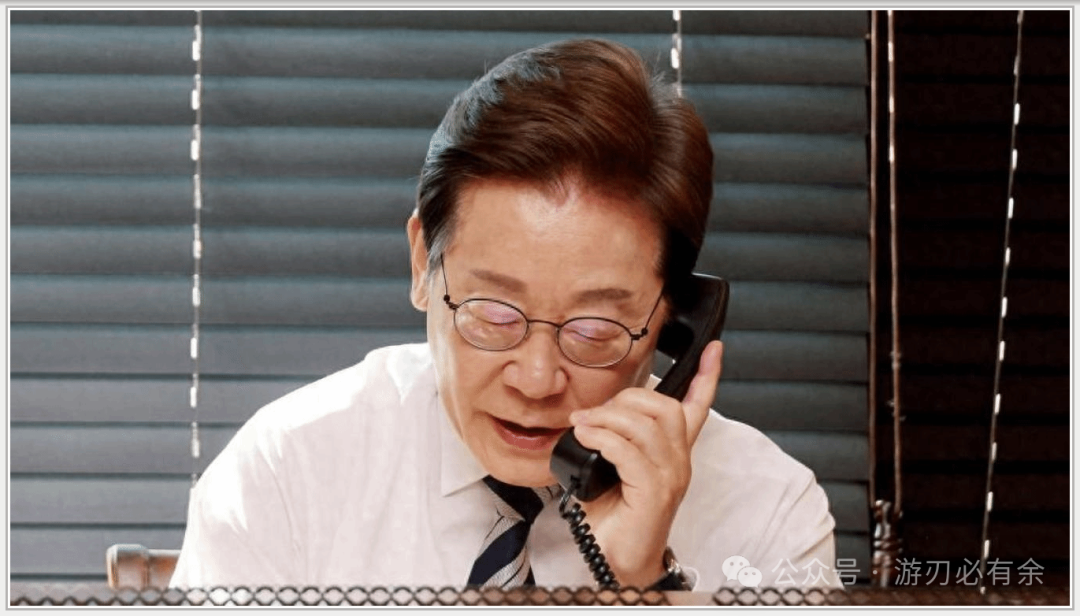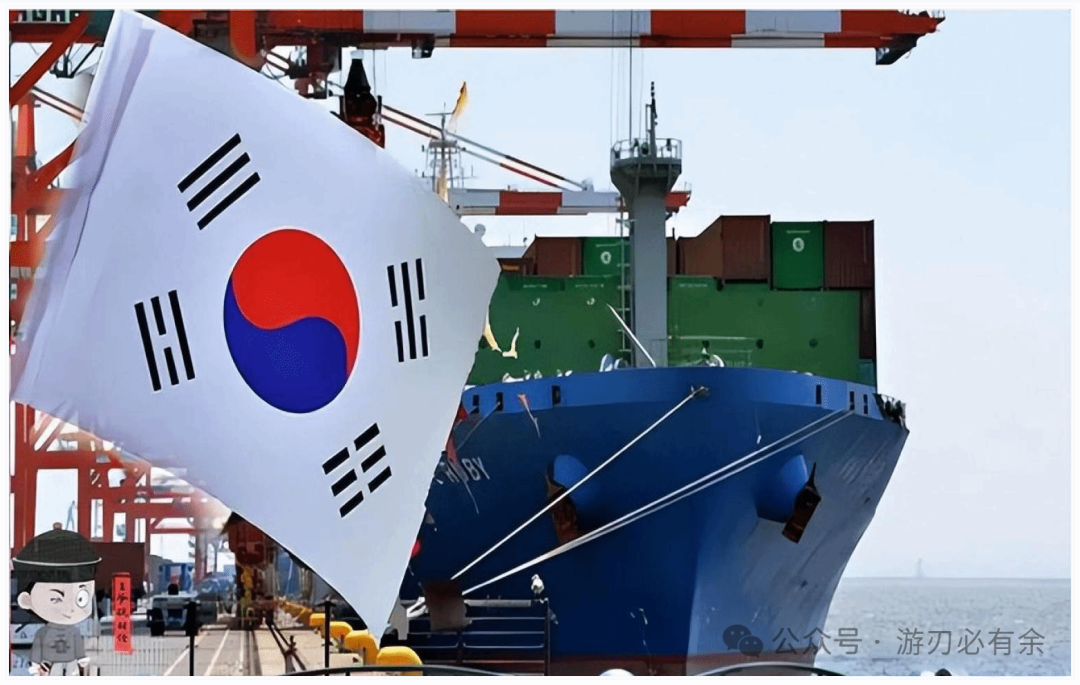
On June 4th, the weather in Seoul was not too hot, but the atmosphere in the Blue House was already a bit tense…
Lee Jae-myung had just won the presidential election with 49.42% of the votes, and before he could celebrate properly, he hurriedly made a phone call—not to a member of Congress or to the South Korean people, but directly to Trump, who was far away in the United States. This phone call was like a drumbeat in the middle of the night, stirring the semiconductor industry into a new variable…

You might wonder why a newly inaugurated president’s first action is to call a former president. It does sound a bit strange…
But if you think from Lee Jae-myung’s perspective, the situation he faces is actually more complex than we imagine. South Korea’s chess game is ultimately sandwiched between the two great powers of China and the United States, and a wrong move could lead to total defeat. The semiconductor industry is the most critical piece in this game…
Companies like Samsung and SK Hynix are not only the pillars of the South Korean economy but also the lifeblood of the global supply chain…
With the U.S. tightening its grip, South Koreans are struggling to breathe…

On the surface, Lee Jae-myung’s phone call seems to be a plea for leniency, but in reality, he aims to stabilize the U.S. stance. After all, although Trump is no longer in office, the Republican forces behind him remain strong, especially among the hardliners against China. Lee Jae-myung’s preemptive move is both a gesture of goodwill towards Washington and a way to test Beijing’s reaction. This operation is like bargaining at a market, negotiating with the fishmonger while keeping an eye on the butcher next door. It’s not easy for anyone.
Do you think Lee Jae-myung only makes phone calls? Then you underestimate him. While the outside world is still guessing whether he is pro-U.S. or pro-China, he has quietly taken two significant actions towards China. The first action is to restart negotiations on the China-South Korea Free Trade Agreement. This agreement has been the cornerstone of economic cooperation between the two countries since it was signed in 2015. Unfortunately, it has been stagnant for various reasons over the past few years. Now, with Lee Jae-myung’s order, it is being restarted, and he promises to negotiate a more comprehensive and fair new version. This is undoubtedly good news for Chinese enterprises, meaning more market access opportunities and lower trade barriers.

The second action is to strengthen cooperation with China in the field of new energy vehicles.
South Korea has been promoting a green energy transition in recent years, especially in the electric vehicle sector, with frequent actions. China, as the world’s largest market for new energy vehicles, has a complete industrial chain and strong manufacturing capabilities. After taking office, Lee Jae-myung immediately announced an increase in investment in this field and specifically expressed a desire for deep cooperation with Chinese enterprises.
This is not just typical diplomatic rhetoric; it is a concrete policy signal indicating that South Korea has begun to shift its focus eastward…
Historically, South Korea’s geopolitical situation has always been delicate. As a peninsula nation, it faces pressure from the North while managing relations with China and the U.S. to the South. During the Cold War, South Korea relied on U.S. security guarantees to survive; after the reform and opening up, it took off on the tailwind of China’s economic development. This “dual-track” model has allowed South Korea to reap benefits but has also made it somewhat passive in international affairs, often appearing as a piece on someone else’s chessboard.
Now that Lee Jae-myung has taken office, his proposed “balanced diplomacy” concept is actually an attempt to break this passive situation. He no longer wants to be a “fence-sitter” but aims to be a “mediator.” This role is not easy to play, but if successful, it can secure more voice and development space for South Korea. Just like in life, sometimes you have to navigate between friends, not offending anyone while maintaining your own stance; this requires wisdom and courage.
Returning to the semiconductor itself, this battle without gunpowder is actually a contest for technological dominance…
Whoever can master core chips, advanced materials, and high-end equipment will be able to take the initiative in the coming decades. The U.S. hopes to curb China’s rise through sanctions and technological blockades, while China is accelerating self-innovation, trying to break free from external dependencies. South Korea, caught between the two, is like dancing on the edge of a cliff, taking every step with caution…
Lee Jae-myung’s approach seems contradictory but is, in fact, pragmatic. He has neither fully leaned towards the U.S. nor rashly sided with China; instead, he has chosen a “two-legged” strategy. On one hand, he stabilizes the U.S. to avoid further isolation; on the other hand, he strengthens cooperation with China to seek new growth points. This approach may make some feel he is not resolute enough, but in the long run, it is the choice that truly aligns with South Korea’s interests.
Of course, this path is not easy to walk. The technological competition between China and the U.S. will only intensify, and the pressure on South Korea will also increase. But as Lee Jae-myung said: “In this multipolar world, no country can stand alone.” Rather than passively responding, it is better to take the initiative. His choice to call Trump at the first opportunity and quietly advance two major actions with China reflects this strategic thinking.
For ordinary people, this may seem distant and abstract…
But its impact is everywhere: from fluctuations in mobile phone chip prices to the speed of new energy vehicle adoption, and to the trends in the global economy, every detail is closely related to this invisible battle. We may not be able to determine the fate of the country, but we can understand the changes happening in the world and find our own place within it…
Lee Jae-myung’s phone call is just a small episode in this battle. But what it reveals is the changing trend of the entire international situation. In this multipolar world, the dominance of a single great power is gradually fading, replaced by more diverse and complex international relations. For South Korea, finding a suitable balance between China and the U.S. will be a key issue in the coming years. Lee Jae-myung’s “dual-line operation” may just be a new starting point on this path.

[All materials in this article are sourced from various online resources. If there is any infringement, please contact for removal.]